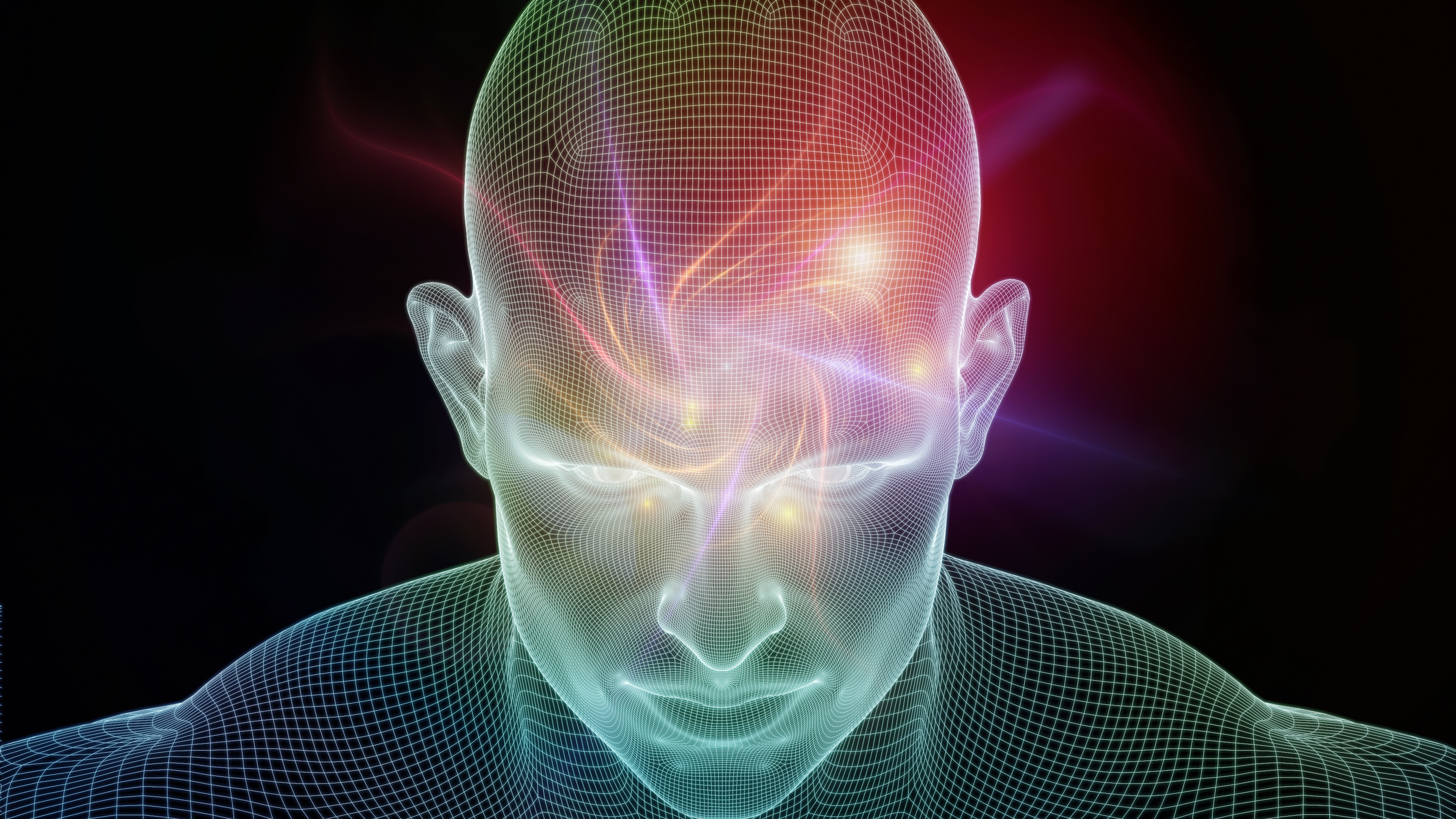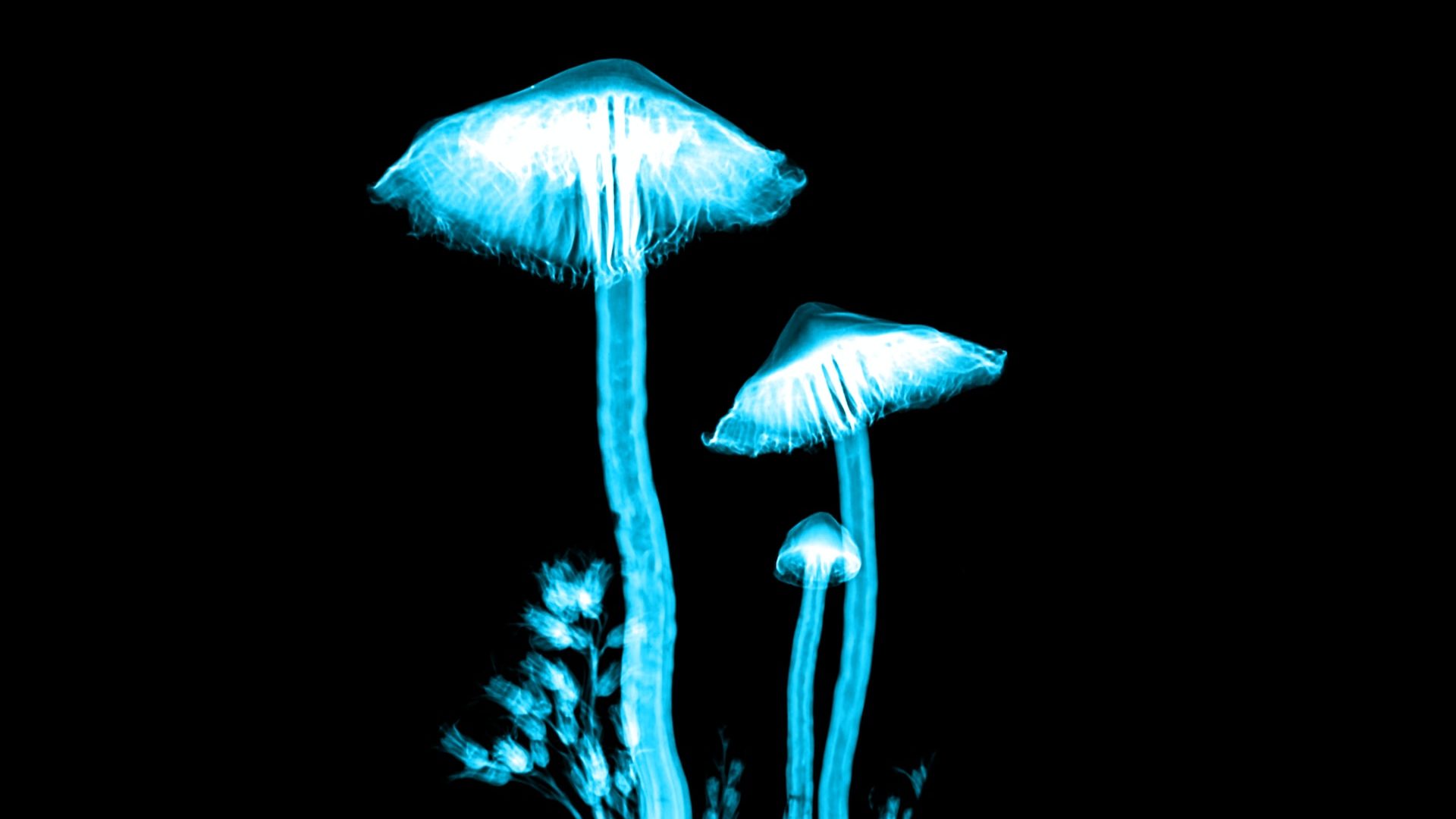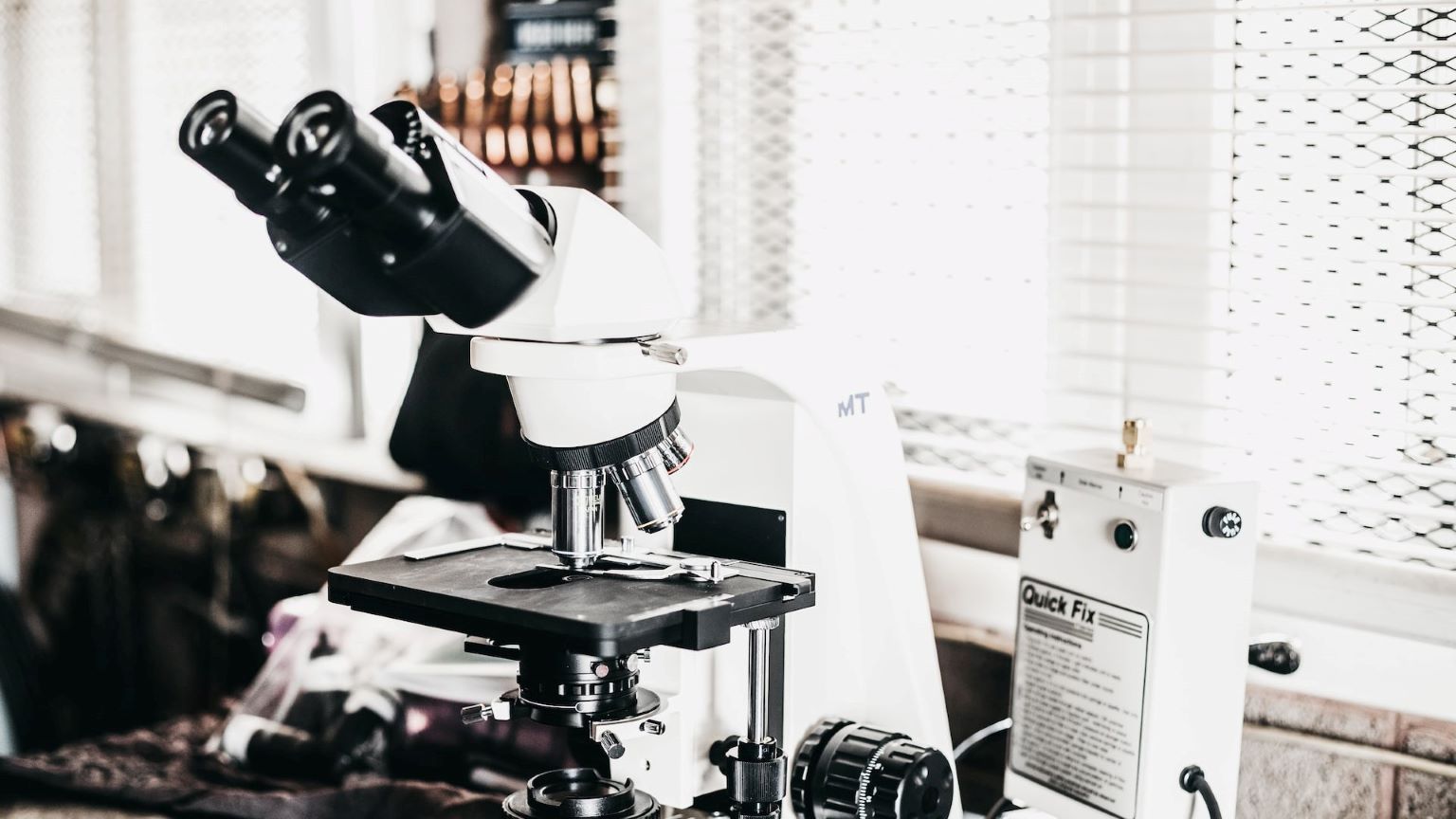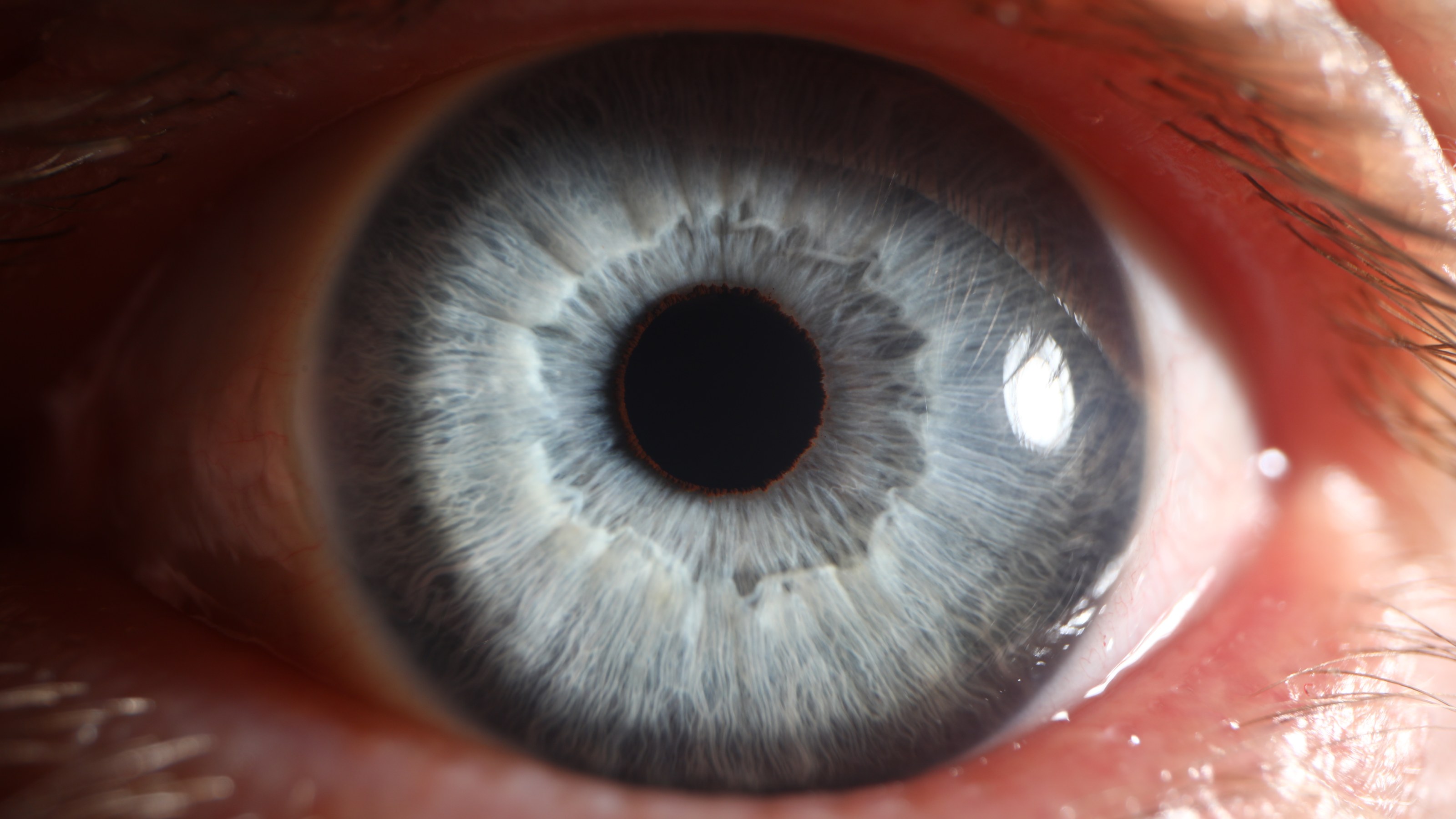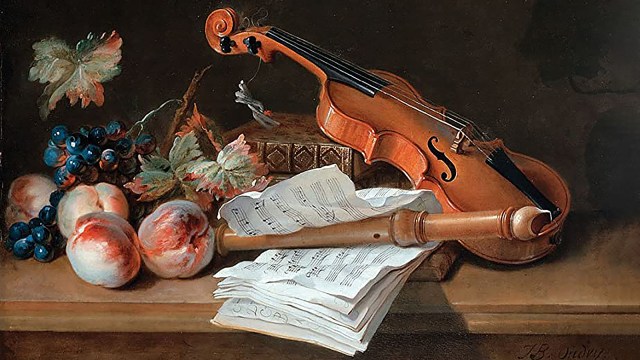How science changes the way we think, according to 10 leading scientists
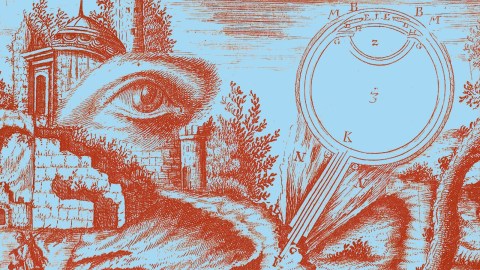
- Engaging in science does not only tell us about the world around us.
- It can change us personally — how we think, how we act, and who we are as humans.
- Several scientists tell Big Think how science has changed their understanding of the Universe and themselves.
Science speaks truth. But it is not a truth that is always easy to see. We live our lives, oblivious to the inner world of bacteria within us. Subatomic particles move in ways that seem magical and counterintuitive. The Universe goes on and on, stretching farther than our minds can comprehend. Somehow, the language of math ties everything together, bringing beauty and symmetry to the spiral of the galaxy and the unfolding of a fern leaf.
This is science to me. It is beautiful, yet it constantly reminds me that while we are part of this world and this Universe, we are observers that are far from all-knowing. There is so much we are learning, but even more that we do not know how to look for — truths hidden from our eyes and our ears, far beyond our experience yet every bit as real as the world we perceive.
Science has transformed how I see the world, and I wanted to know how it has done so for others. So I took the opportunity to speak to prominent scientists and thinkers in a range of fields to ask them one simple question: How has science changed how you think about the world? This is what they had to say.
Always new questions
Dr. Carlo Rovelli, Physicist
Professor of Physics at the Centre de Physique Theorique de Luminy, Distinguished Visiting Research Chair at the Perimeter Institute
“I am not two separate persons — one a scientist and the other a normal human creature. I am just a single one, and my worldview changes continuously, like for all of us, including because of what I do in my science. Since my adolescence I have posed to myself questions about reality, about myself, about the nature of thinking, about life and death, the nature of knowledge, the nature of time and space, history, and politics. In the course of my scientific life, these questions have guided my quest, and my work in various areas of quantum gravity, general relativity and the history and philosophy of science has continuously altered my views about all these matters. I have discarded naive ideas, got clarity about something and have been puzzled by new questions.”
Science needs art
Dr. Lekelia Jenkins, Marine sustainability scientist and science dance choreographer
Associate Professor, School of the Future of Innovation in Society, Arizona State University
“Great science or innovative leaps are creative processes, so engaging in art feeds our creativity and helps find connections and solutions that the scientific process alone might not have led us to. I think that science art speaks to people at an emotional level that impacts how our minds and the biochemistry of our bodies work. We can harness science art to build empathy with environments and species in need of protection. We can also use science art to uplift people in the midst of dealing with overwhelming issues like climate change. I believe delivering a message about climate or the environment through art allows people to sit with these difficult issues longer, and the longer people can sit with and process a problem, we are more likely to find and agree on solutions.”
The brain and the mind
Dr. Jorge Morales, Psychologist
Assistant Professor of Psychology and Philosophy and Director of the Subjectivity Lab, Northeastern University
“Becoming a scientist completely changed my understanding of uncertainty. What we understand about the human mind and brain, and what we don’t, is much more nuanced and interesting than I used to think. Certain things that used to seem obvious to me about the human mind now completely baffle me. At the same time, perhaps paradoxically, I constantly find myself impressed by how much we do know and how well we understand many aspects of how the human mind and brain work.”
Science and equality
Rev. Gregory Simpson, Ph.D., Chemist
Pastor, Nauraushaun Presbyterian Church and Co-Founder & Chair of the Board, Green Community Consulting, Inc.
“First, as a natural-product chemist, I saw the critical role that natural remedies (teas, tinctures, etc.) played in ethnic identity, health, and well-being in rural life. Second, related to my research on environmental contaminants in communities of color, in both the Caribbean and upstate New York, where those most affected were least able to advocate for themselves for several reasons, including a more nuanced understanding of the medical threats faced. Both explorations pointed to the challenge of helping communities use scientific approaches when front-line communities are unaccustomed to such practices daily. For me, the lack of access to appropriate scientific knowledge is the greatest injustice in a heavily scientific and technological world. Not only does it disenfranchise communities in terms of economic, physical, and psychological wholeness, but it also generally reinforces a state of distrust in the sciences. The result has been my advocacy, and a more profound commitment to science education reforms that transform rather than stifle society in a global sense.”
Boundaries are dissolved
Dr. Eiichiro Komatsu, Astrophysicist
Director of the Department of Physical Cosmology, Max-Planck-Institut für Astrophysik
“There were many occasions in which I felt that my view of the world had been changed by science education. Probably the greatest impact was the realization that the same physical laws operate on Earth and in the whole Universe. I felt, suddenly, that borders and boundaries became meaningless to me. I still understand the importance of respecting cultural differences between regions on Earth (or in the Universe), but in the end, the idea that all obey the same physical laws has somehow enabled me to see much further, in space and time, than those without a scientific background.”
What it means to be human
Dr. Maya Ackerman, AI researcher and opera singer
CEO & Co-Founder of WaveAI
“Research substantially impacts my worldview. Paradoxically, it brings both more rigor and more wonder and creativity into my understanding of the universe. You can tell you are approaching the truth when order and beauty emerge. More specifically, doing research in generative AI has been a wonderful journey. Generative AI enables an aggregation of human creativity, elevating that creativity to previously unimaginable heights. My research and industry work in generative AI has foundationally transformed my worldview, allowing me to experience firsthand the critical role that researchers have in creating our societies, as well as the need to focus on socially responsible and ethical developments for powerful innovations. In a very real way, science creates science fiction. Combining scientific rigor with great imagination has led to the greatest transformations in humanity, and we are only just beginning.”
It’s all one big piece
Br. Guy Consolmagno, Ph.D., Astronomer of the Pope
Director of the Vatican Observatory, President of the Vatican Observatory Foundation
“I’ve been a scientist all my adult life, for fifty years now, and a Catholic for even longer. Of course my worldview has changed over the years. How much of that had to do with science? That’s impossible to say since I see everything, including my religion and my hobbies, in the light of being a scientist, just as I understand what it means to be a scientist in light of my religious faith.”
What is the Universe up to?
Dr. Brian Green, Ethicist
Director of Technology Ethics, Markkula Center for Applied Ethics, Santa Clara University
“First, biochemistry and genetics led me to marvel at the deep complexity of life and of any Universe that could create such life. Second, science lays out a causal trail to the origin of the Universe and then stops at a question mark — a place it can no longer investigate. And yet we know that this non-investigable place must have an ability to cause effects, otherwise our Universe could not exist. Together, both are profoundly suspicious. The Universe came into existence from a cause outside itself and it seems to be doing something, developing from simplicity towards complexity. This was enough to tell me that what we can see through science is only the tip of the iceberg. The Universe is doing something and, as parts of the Universe, we each have a place in that activity. The next step is to consider what the Universe is doing and what our part might be, and that — our own better and worse behavior when confronted by this realization — is the question of ethics. This is why I changed my career to what I do now.”
On being an explorer
Dr. Seth Shostak, Astronomer
Senior Astronomer and Institute Fellow at the SETI Institute
“I’ve been fortunate to have the opportunity to investigate a truly profound question: Is Homo sapiens the only intelligent species in the universe? This is very unlike the usual research program that tries to refine an experimental result of physics, biology, or some other discipline. In fact, SETI is more exploration than traditional science research. If we were to find evidence of others out there, that would be a result that humanity would forever know and celebrate. It’s truly a ‘big picture’ question that we’re trying to answer, and it’s a privilege to be part of that effort.”
Look for the evidence
Dr. Briana Pobiner, Paleoanthropologist
Research Scientist at the Smithsonian Institution
“The other day, my brother — who is not a scientist — sent me a message with a link to a story about eggs evolving before chickens. In our exchange, he said ‘You always taught me to do my research; don’t take someone’s word, find out the facts and if it’s backed up by real research. I’ll always remember that.’ Without me even realizing it initially, my exploration of science has changed my worldview in that it has led me not only to ‘think like a scientist’ — to look for reliable evidence when I have a question about the natural world, and to figure out how to frame questions to be answerable with this kind of evidence — but to also encourage others around me to do the same.”
